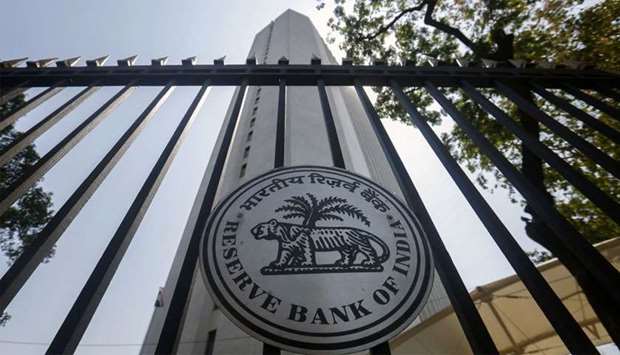India’s central bank is seen curtailing its support for the bond market, dashing hopes of relief for investors reeling under two straight months of declines.
The Reserve Bank of India may buy Rs1.7tn ($24bn) of debt in the year starting April 1, according to a Bloomberg News survey of traders and economists. That compares with an estimated record Rs3tn spent on such purchases this fiscal period.
Tightening the spigot on purchases is bad news for a market already jittery about the heavy supply of paper from Prime Minister Narendra Modi’s record $100bn borrowing plan. The yield on new 10-year debt may climb as high as 7.75% over the coming months, according to ICICI Securities Primary Dealership Ltd, a level last seen in November.
“If the OMOs go out of the picture at a time when we have humongous debt supply hitting the system, we may see bond losses intensifying,” said Naveen Singh, head of fixed-income trading at ICICI Securities.
In a sign of things to come, the Reserve Bank of India on February 26 unveiled purchases for the first two weeks of March after earlier saying it would extend support for the entire month.
The central bank may halt fresh buying in the quarter starting April as higher spending by the government will likely boost liquidity in the banking system, Singh said.
The purchases, aimed primarily at addressing the cash crunch in the banking system, have helped absorb a little over half the sovereign bond supply of Rs5.71tn this fiscal year. The support may taper because of an improvement in liquidity, and HSBC Holdings Inc expects the RBI to cut back buying to between Rs1.8tn to Rs2tn.
Even so, a clear majority for Modi’s party in the upcoming elections may burnish the appeal of Indian assets and lure dollar inflows, reducing the market’s reliance on RBI’s support, according to ICICI Securities. Foreigners have bought about $65.5mn of rupee bonds so far this month, paring the year’s withdrawal to $1.6bn.
“If there is a continuity at the centre, foreign inflows might surpass our assumption and the RBI may not have to do huge OMOs,” ICICI’s Singh said. “In that case, things can change drastically.”

